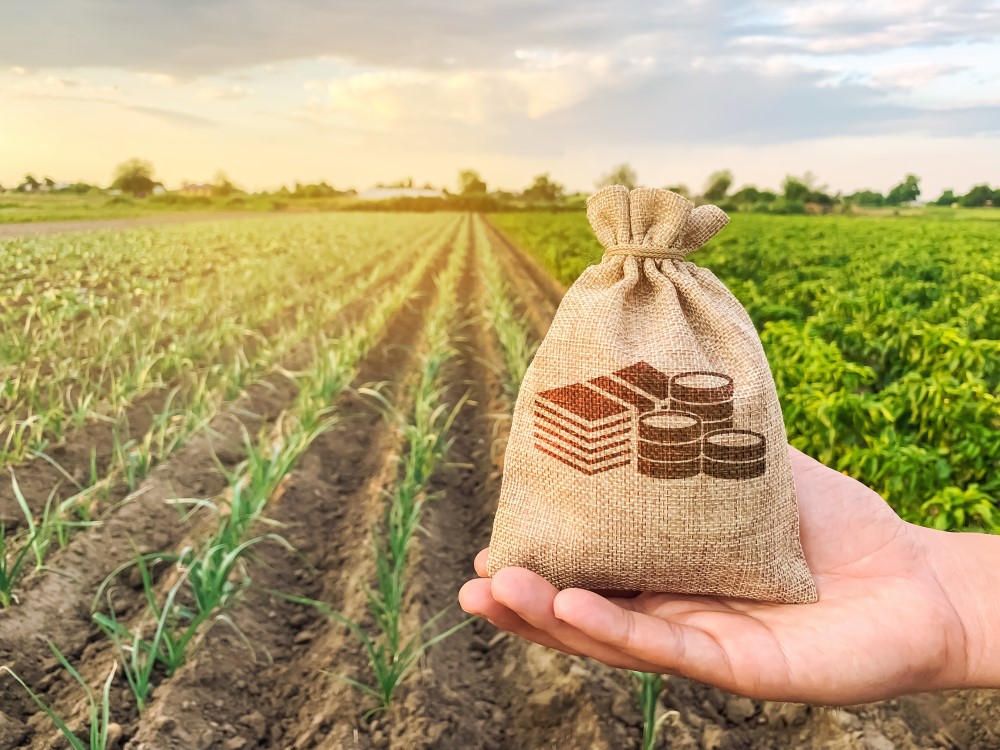Budgeting – Why?
11 September 2023Budgeting is an essential tool for any business, and critical in the current economic climate we find ourselves in. Interest rates are rising to levels not seen for nearly 20 years and inflation is running at rates not seen since the 1970s.

Drafting and Preparing your Budget
Drafting an annual budget and then monitoring your actual financial progress against it is crucial. It allows you to adjust your budget accordingly as you go, throughout the year. It is critical for better financial management. Having a budget allows you to formulate a strategic approach to building profit, but it also allows you to assess what investments you may be able to make, or indeed need or want to make to achieve and maintain those levels of profitability.
Financial decision making must be based on this information to allow you as the business owner to set appropriate goals to work towards. It also helps you to manage your resources; both financial and your time, money is not the only resource in your business. Time for you, as the business owner and manager, is a precious resource. Setting some clear goals to work towards can help you visualise more accurately where to invest time and energy in your business for the best impact on your financial progress throughout the year.
Preparing a budget is also useful for you to be able to identify where problems may occur during the year, helping you avoid nasty surprises. If you don’t forecast, unforeseen events can cause unnecessary anxiety as you scramble to avoid further disruption to your business.

A Budget gives you a Helpful Foundation
Sometimes we may find ourselves focused solely on thinking about what we want to achieve, but in reality, money will continue flowing in and out of a business regardless. Therefore, building in at least some routine scrutiny of financial progress is better than none at all. The task of drafting the budget cannot be the main focus though. It’s what you do with your budget that will deliver the results for your business. It’s easy to think that because you don’t know exactly what price you will get for your farming output that you cannot do a budget – but you need to turn that on its head. How will you know you are managing your costs effectively if you do not have a budget to hand?
In short, budgeting is basic good practice and an essential financial habit to get into for all fam businesses. If you don’t do it already, it’s key that you start now. It’s got to be simple enough that you can work through it easily, be manageable timewise so you keep doing it, and give you realistic and helpful information that helps you make better business decisions. If you don’t want to do it yourself, it’s worth asking for help from a trusted advisor. An initial investment in expert help will save you money in the long run.
A Budget doesn't have to be Perfect
All systems can be refined as you work with them. Make a commitment to getting started, tolerate it being less than perfect to begin with. If you keep at it, you will gradually build the habit and later wonder how you ever managed without it.
It’s fundamental to remember that budgeting is supposed to be something you return to regularly. Compare your forecasted figures with your actual figures periodically through the year. That way you can see where your original assumptions haven’t quite hit the mark and prepare accordingly.
Review your Budget Regularly
To decide when to review your budget in the year, pick a sensible interval– if you only sell stock twice a year then every 6 months may be enough. For most businesses, a quarterly check over your budget, is a sensible approach. Use receipts and invoices from your current year of farm accounts, revising your budget for the rest of the year as the year progresses. Budgeting is all about identifying ambitious but achievable goals to aim for and chart your progress against. If you don’t identify a direction of travel for your business, it’s almost impossible to verify if you are making the best business decisions you can.

Where to Start?
To build a Whole Farm Budget, you will need:
- Your latest set of farm accounts
- FAS Farm Management Handbook (optional)
Get your latest set of farm accounts, even if they are a few months into the new tax year, or if you have it, the closing Trial Balance report from your farm accounts package. Your trial balance will tell you what your expenses and revenues were for the year.
Resources to help:
Use these resources to make a start on a whole farm budget. Watch out for our forthcoming webinar on financial management for farm businesses. Check our social media channels for dates in October.
Finally, once you have a whole farm budget, you can create a cash flow budget or forecast. These are 2 different things. A positive bank balance does not necessarily mean you have a profitable business, and a positive budget, and indeed a profitable business may still mean that you will have squeezes on your cashflow.
More information on how to do a Cash flow budget will be available in a future article - Part 2: Cash v. Profit
Useful Links
Sign up to the FAS newsletter
Receive updates on news, events and publications from Scotland’s Farm Advisory Service
